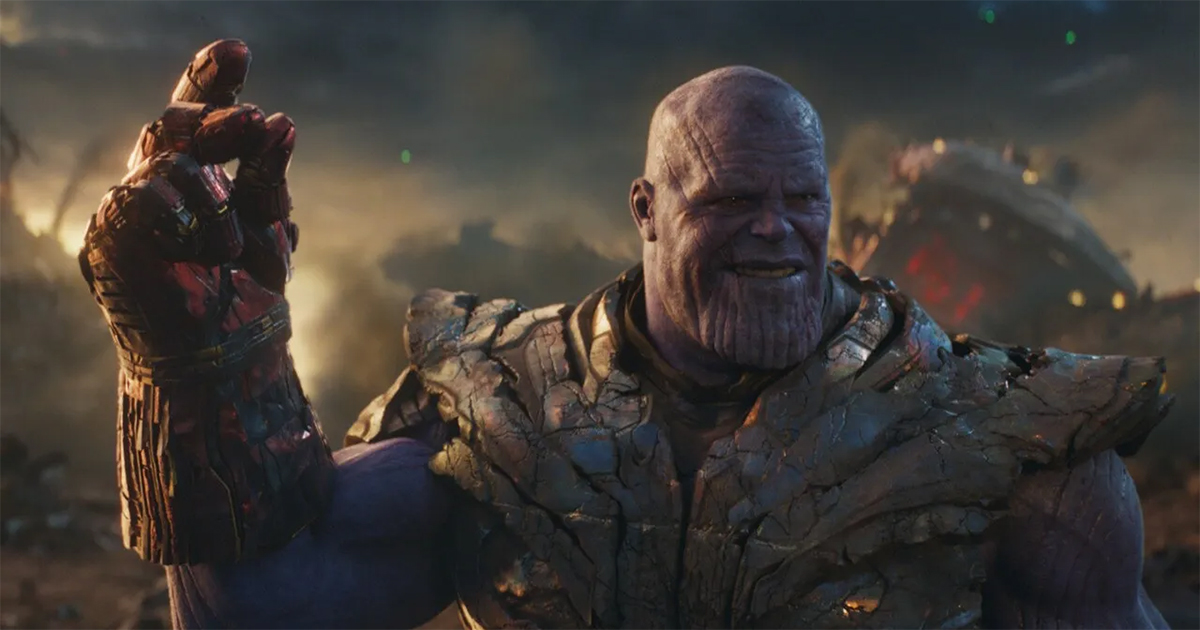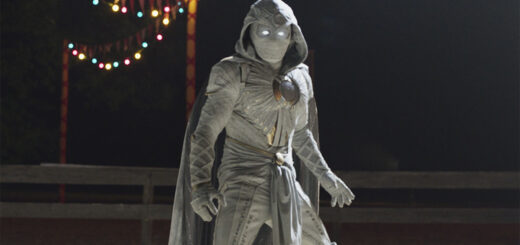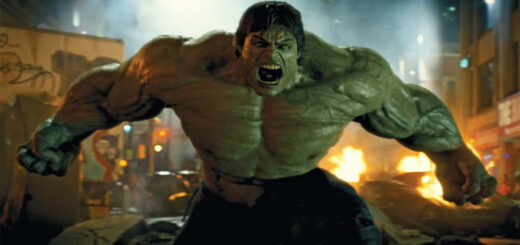Thanos: The Mad Titan’s Legacy in Marvel Comics and Cinema

Thanos, the infamous “Mad Titan,” stands as one of the most formidable and complex villains in the Marvel Universe. Created by writer-artist Jim Starlin, Thanos first appeared in “The Invincible Iron Man” #55 in February 1973. Since then, he has become a central figure in Marvel’s cosmic storylines, leaving an indelible mark on both comics and cinema.
Origins and Biology
Thanos hails from Saturn’s moon, Titan, born to Eternals A’Lars (Mentor) and Sui-San. His unique appearance – purple skin and imposing physique – stems from a Deviant gene, setting him apart from his fellow Eternals. This genetic quirk not only influenced his looks but also granted him extraordinary abilities.
As an Eternal-Deviant hybrid, Thanos possesses a range of superhuman powers:
- Immense strength and durability
- Regenerative healing factor
- Telepathy and psionic resistance
- Matter manipulation
- Energy projection
- Immortality (does not age or sicken)
These natural abilities, combined with his genius-level intellect, make Thanos one of the most powerful beings in the Marvel Universe.
Motivations and Philosophy
Thanos’ character is defined by his twisted worldview and obsessive pursuits. In the comics, his primary motivation stems from an infatuation with the cosmic entity Death. This morbid love drives him to commit galaxy-spanning acts of genocide in an attempt to win Death’s favor.
However, the Marvel Cinematic Universe (MCU) took a different approach to Thanos’ motivations. In the films, he is portrayed as a misguided idealist, believing that wiping out half of all life in the universe would prevent overpopulation and resource depletion. This change made the character more relatable and complex, sparking debates about his methods and philosophy.
The Infinity Saga
Thanos’ most iconic storyline revolves around his quest for the Infinity Stones (or Gems in the comics). These six cosmic artifacts, when combined, grant the wielder godlike power over reality itself. In both comics and films, Thanos’ pursuit of these stones leads to epic confrontations with Earth’s mightiest heroes.
The comic storyline “The Infinity Gauntlet” (1991) remains a seminal work in Marvel’s history. It showcases Thanos at the height of his power, reshaping reality and battling the combined forces of the Marvel Universe. This story served as the primary inspiration for the MCU’s Infinity Saga, culminating in the films “Avengers: Infinity War” (2018) and “Avengers: Endgame” (2019).
Impact on Marvel’s Narrative Universe
Thanos’ influence extends far beyond his personal storylines. His actions have shaped the Marvel Universe in numerous ways:
- Cosmic Awareness: Thanos brought cosmic threats to the forefront of Marvel storytelling, expanding the scope of superhero narratives.
- Character Development: His relationships with adopted daughters Gamora and Nebula have added depth to these characters and influenced their heroic journeys.
- Ethical Dilemmas: Thanos’ beliefs and actions raise complex moral questions, challenging heroes and readers alike to confront difficult philosophical issues.
- Crossover Events: The Infinity Saga has inspired numerous crossover events in comics and set the template for interconnected storytelling in the MCU.
Thanos in Popular Culture
The character’s popularity soared with his central role in the MCU. Josh Brolin’s portrayal of Thanos in “Avengers: Infinity War” and “Endgame” brought the character to a global audience. His iconic line, “I am inevitable,” and the “snap” that wiped out half the universe have become deeply ingrained in popular culture.
Thanos’ impact extends beyond films and comics. He has appeared in numerous video games, animated series, and merchandise, cementing his status as one of Marvel’s most recognizable villains.
Legacy and Future
Thanos’ legacy in the Marvel Universe is secure. Even after his defeat, the consequences of his actions continue to reverberate through storylines in both comics and the MCU. His complex character and grand-scale threats have set a high bar for future Marvel villains.
In comics, alternate versions and resurrections keep Thanos relevant, while in the MCU, his actions have set the stage for new cosmic threats and heroic journeys. The character’s enduring popularity ensures that, like his comic book counterpart, Thanos will likely return in some form to challenge a new generation of heroes.
Thanos stands as a testament to the power of compelling villains in storytelling. His combination of raw power, intellectual depth, and twisted ideology has made him not just a foil for heroes, but a character worthy of exploration in his own right. As Marvel continues to expand its universe, the shadow of the Mad Titan will undoubtedly loom large for years to come.


























